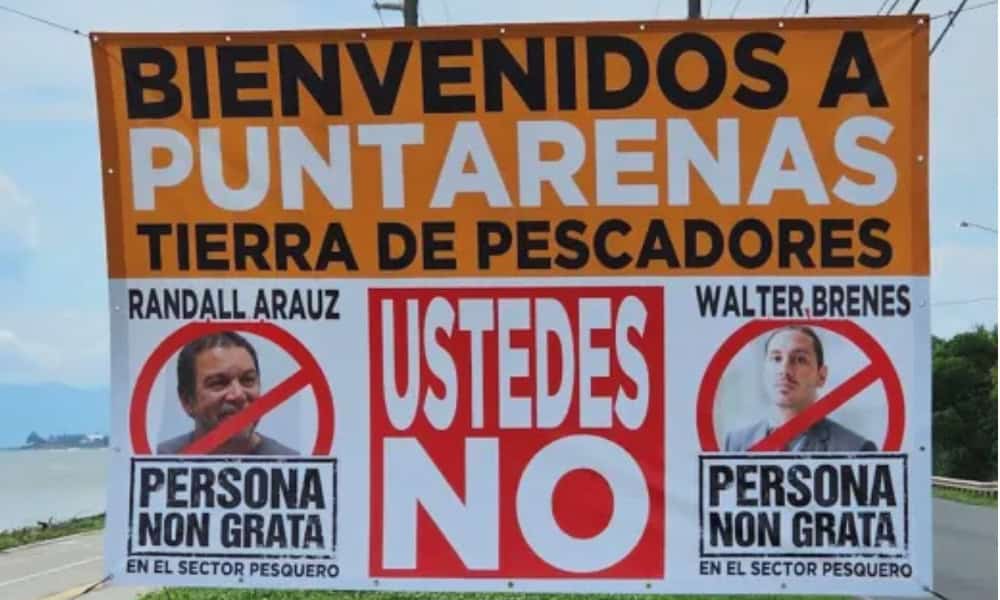Environmental activists in Costa Rica continue to face escalating threats, harassment, and legal intimidation as they challenge projects that harm ecosystems. Groups report a systematic pattern of repression, including public stigmatization, digital attacks, and abusive lawsuits meant to exhaust resources and silence opposition.
In Puntarenas, billboards have appeared labeling local defenders as “persona non grata,” a form of symbolic violence that isolates activists in their communities. Similar tactics include online campaigns spreading disinformation and gendered threats, particularly against women who speak out against coastal developments or illegal logging.
Legal actions add another layer of pressure. Developers have sued content creators for posting videos that question the environmental impact of tourism projects, claiming defamation or false information. Organizations identify these as SLAPP suits—strategic lawsuits against public participation—designed to drain time and money through lengthy court processes rather than seek genuine redress. In recent cases, bank accounts have been frozen, forcing individuals to halt their work.
The Federation for Environmental Conservation (FECON), Bloque Verde, and other groups link these incidents to broader institutional changes. The State of the Nation Report released this month documents sustained weakening of environmental bodies.
Budget cuts and staff reductions at the Ministry of Environment and Energy (MINAE) and the National System of Conservation Areas (SINAC) have left larger protected areas with fewer resources. Policy shifts concentrate decision-making power while reducing scientific and community input.
Activists argue this dismantling exposes water sources, forests, and biodiversity to greater risks. They point to rapid coastal development in areas like Guanacaste, where unplanned tourism strains wetlands and mangroves. Indigenous communities and rural defenders face added vulnerabilities, with reports of death threats tied to land recovery efforts.
These pressures coincide with debates over resource extraction and regulatory rollbacks. Environmental organizations stress that protecting nature supports public health, jobs in sustainable tourism, and democratic rights. They maintain that freedom of expression and participation remain essential for holding projects accountable.
Without stronger safeguards for defenders and reversal of institutional decline, groups warn that Costa Rica risks undermining its conservation achievements. They call for protocols to address threats, anti-SLAPP measures, and renewed commitment to environmental governance. Defending ecosystems, they say, equals defending the country’s future stability and justice.






